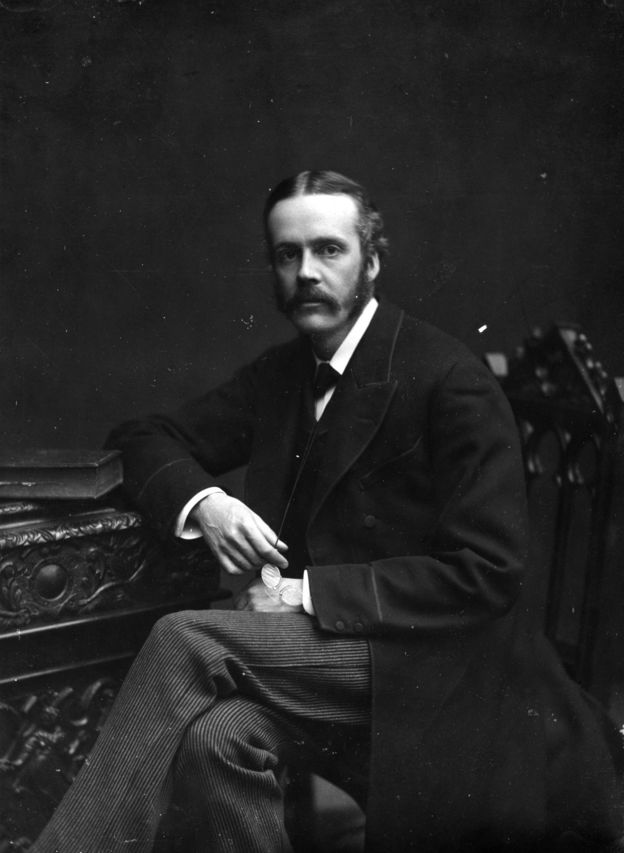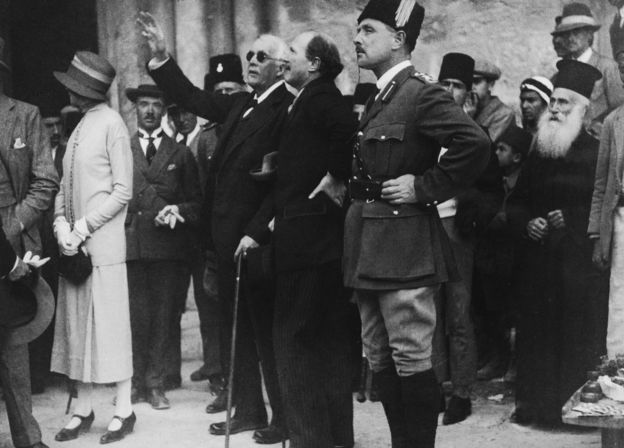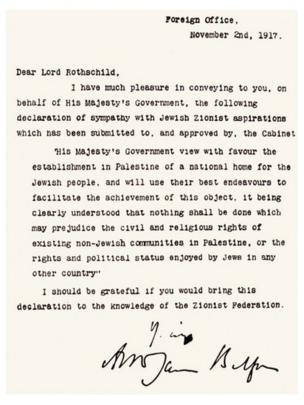Analysis
The battle of Kursk was the ultimate folly of the German's army and the gambling attitude impulses. By simple reasoning the battle of Kursk was idiotic and just thinking of the consequence of a loss for the Germans there will be no meaningful defenses left and an open march for the Soviet Troops towards Germany and the city of Berlin and this exactly what happened as consequence of the loss and defeat..
KURSK was big gamble for the German army, Hitler and leading Generals as
Foolish man who went along with Hitler wishes.
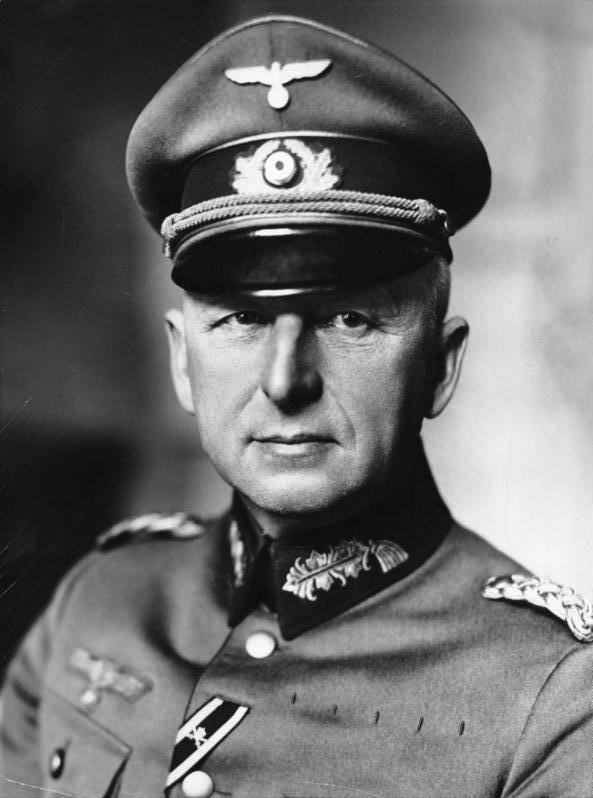
Erich Von Manstein an idiot mule did not understand the gamble of the battle.

General Heinz Guderian hated by Hitler. He had shouts with Hitler.
Opposed the frontal attack as proposed by idiot Manstein
Heinz Guderian, felt that attacking was unnecessary, since it would occasion heavy tank losses and thus upset plans for increasing German armored strength
Heinz Guderian, felt that attacking was unnecessary, since it would occasion heavy tank losses and thus upset plans for increasing German armored strength
Gerneral Keitel was a demagogue.
Advocated for the battle of KURSK on prestige basis.

Hitler Puppet
The Germans’ goal during Citadel was to pinch off a large salient in the Eastern Front that extended 70 miles toward the west. Field Marshal Günther von Kluge’s Army Group Center would attack from the north flank of the bulge, with Colonel General Walther Model’s Ninth Army leading the effort, General Hans Zorn’s XLVI Panzer Corps on the right flank and Maj. Gen. Josef Harpe’s XLI Panzer Corps on the left. General Joachim Lemelsen’s XLVII Panzer Corps planned to drive toward Kursk and meet up with Field Marshal Erich von Manstein’s Army Group South, Col. Gen. Hermann Hoth’s Fourth Panzer Army and the Kempf Army, commanded by General Werner Kempf
GERMAN GENERALS KILLED IN THE BATTLE OF KURSK
Luftwaffe Generalmajor Karl Schuchardt, killed on 13.08.1943 near Orel.
General Hünersdorff was shot in the head by a sniper while traveling between his units. A brain surgeon was flown in to try to save him but he could not, the General died three days later in a field hospital near Kharkov, where his wife happened to be serving as a volunteer nurse.
General Zorn was also shot and killed while traveling between his units' positions only he was attacked by ground attack aircraft.
| Walther von Hünersdorff | |
|---|---|
 | |
| Born | 28 November 1898 Cairo, Egypt |
| Died | 17 July 1943 (aged 44) Kharkov, Soviet Union |
| Allegiance | |
| Service/ | Army (Wehrmacht) |
| Rank | Generalleutnant |
| Commands held | 6th Panzer Division |
| Battles/wars | Battle of Kursk † |
| Walter Model | |
|---|---|
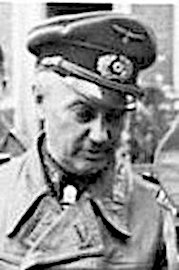
Walter Model, October 1944
| |
| Birth name | Otto Moritz Walter Model |
| Nickname(s) | Master of Defence, Lion of Defence, The Saviour of the Eastern Front, Führer's Fireman |
| Born | 24 January 1891 Genthin, Kingdom of Prussia, German Empire |
| Died | 21 April 1945 (aged 54) near Duisburg, Ruhr, Nazi Germany |
Model was also skeptical of the plan's chances, pointing out that Konstantin Rokossovsky's Central Front was strongly dug in and outnumbered him two to one in men, tanks and artillery
Rather than conclude that the offensive be called off, however, he said it should be postponed until he could receive further reinforcements, in particular the new Panther tanks and Ferdinand tank destroyers
Hans Zorn (27 October 1891 – 2 August 1943) was a German general in the Wehrmacht during World War II. He was a recipient of the Knight's Cross of the Iron Cross with Oak Leaves of Nazi Germany. Zorn was killed on 2 August 1943 by Soviet fire during Operation Kutuzov. He was posthumously awarded the Oak leaves to his Knight's Cross on 3 September 1943.
Josef Harpe (21 September 1887 – 14 March 1968) was a German general during World War II who commanded the 9th Army.
Harpe served on the Eastern Front, where he commanded XXXXI Panzer Corps and the 9th Army. From September 1944 to January 1945 Army Group A, when he was relieved of his command due to the inability of German forces to stop the Soviet Vistula–Oder Offensive. He ended the war commanding the 5th Panzer Army on Western Front.

| Joachim Lemelsen | |
|---|---|
 | |
| Born | 28 September 1888 |
| Died | 30 March 1954 (aged 65) |
| Allegiance | |
| Years of service | 1907–45 |
| Rank | General der Panzertruppe |
| Commands held | XLVII Panzer Corps 1st Army 14th Army |
| Battles/wars |
World War II |
Lemelsen took part in the Invasion of Poland; his division was involved in the Massacre in Ciepielów of 8 September 1939
Hermann Hoth (1885-1971) was a German general
The German offensive was repeatedly delayed, and by the time it was launched on 5 July the Soviet defences were too thick to be breached.
Hoth made rapid progress at first, but was unable to break through the Soviet lines. On 12 July the Soviets launched Operation Kutuzov, a counterattack on the northern side of the Kursk salient, and 10 July the Western Allies landing on Sicily.
These twin attacks convinced Hitler to cancel the Kursk offensive. Hoth's army was weakened by the transfer of a number of his best units to the west, weakening Hoth during the struggle against the general Soviet offensive that followed.

Hoth made rapid progress at first, but was unable to break through the Soviet lines. On 12 July the Soviets launched Operation Kutuzov, a counterattack on the northern side of the Kursk salient, and 10 July the Western Allies landing on Sicily.
These twin attacks convinced Hitler to cancel the Kursk offensive. Hoth's army was weakened by the transfer of a number of his best units to the west, weakening Hoth during the struggle against the general Soviet offensive that followed.

Worse for Hitler, he was now confronted by staggering news from elsewhere. British and American troops had just landed on the island of Sicily, off the coast of Italy, opening a whole new front in the war. News of that invasion, coming on top of the dismal reports from Kursk, caused Hitler to call off Operation Citadel on July 13th. Thus far, the Kursk gamble had cost the Germans 70,000 men, nearly 3,000 tanks and 1,400 planes, losses that would prove irreplaceable. Russian losses were slightly higher but they could recoup.

